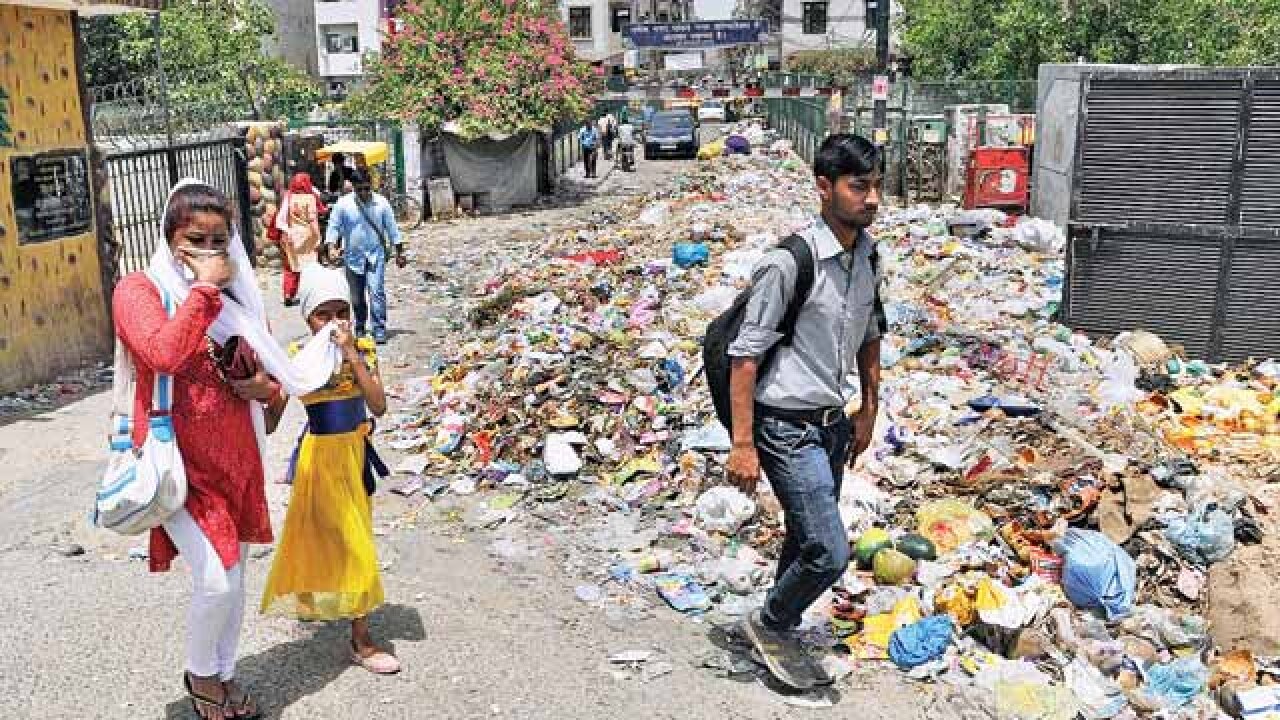A year on, RWAs zero-waste model awaits government nod while city gasps for clean air
The group had roped in a number of NGOs working in the field, along with experts from the Indian Institute of Technology (IIT) and the Centre for Science and Environment (CSE), to make a project report.

RWAs are now claiming that the lack of a policy and guidelines has crippled their initiative
A year after a group of Resident Welfare Associations (RWAs), including in areas such as Vasant Kunj and Mehrauli, proposed a 'zero-waste policy' model under the Swachh Bharat Mission (SBM), the initiative is yet to get a go-ahead from the government. The RWAs are now claiming that the lack of a policy and guidelines has crippled their initiative, even as the noise on curbing waste burning as a measure to combat pollution gets louder .
The group, United RWAs Joint Action (URJA ), had proposed the pilot project to be implemented in nearly 1,000 households. The project involved making compost pits in colony parks and in individual houses, for which civic sanctions are mandatory. The initiative was taken under the group's Clean Delhi Air campaign, and involved developing a model to segregate the waste and recycle it into manure.
The group had roped in a number of NGOs working in the field, along with experts from the Indian Institute of Technology (IIT) and the Centre for Science and Environment (CSE), to make a project report.
"We had roped in a number of waste management and environmental experts to develop the zero-waste model. They are yet to submit a report on the functioning of the plan. The project, however, is still stuck mainly because the SBM is yet to issue clear guidelines for the initiative," said URJA convener Arun Goyal.
Last Monday, an URJA delegation had met the SBM Joint Secretary and Urban Local Bodies Director to inquire about the status of their application. "We met the top government officials concerned, but still there is no clarity regarding the guidelines. They told us they were looking into the matter," said Goyal.
URJA project-in-charge Amit Aggarwal said that the municipal corporation had also introduced a waste segregation model a few years ago but it was not effective. "We are developing a revenue model wherein RWAs can earn while generating zero waste. There will be several pits for each house and a recycling unit in the area. We are discussing the financial modalities to make the model self-sustaining," he said.
According to the experts, non-segregated waste is one of the major contributing factors to air pollution, even more than vehicular emissions. The process of collecting waste and taking it to the landfill sites produces particulate matter, which remains suspended in the air, leading to pollution.
Mehrauli coordinator for URJA, Sandeep Bali, said the project was going to help clean up the city in a big way. "A number of presentations have been made regarding the proposal. The report will take some time to be ready," he said.
